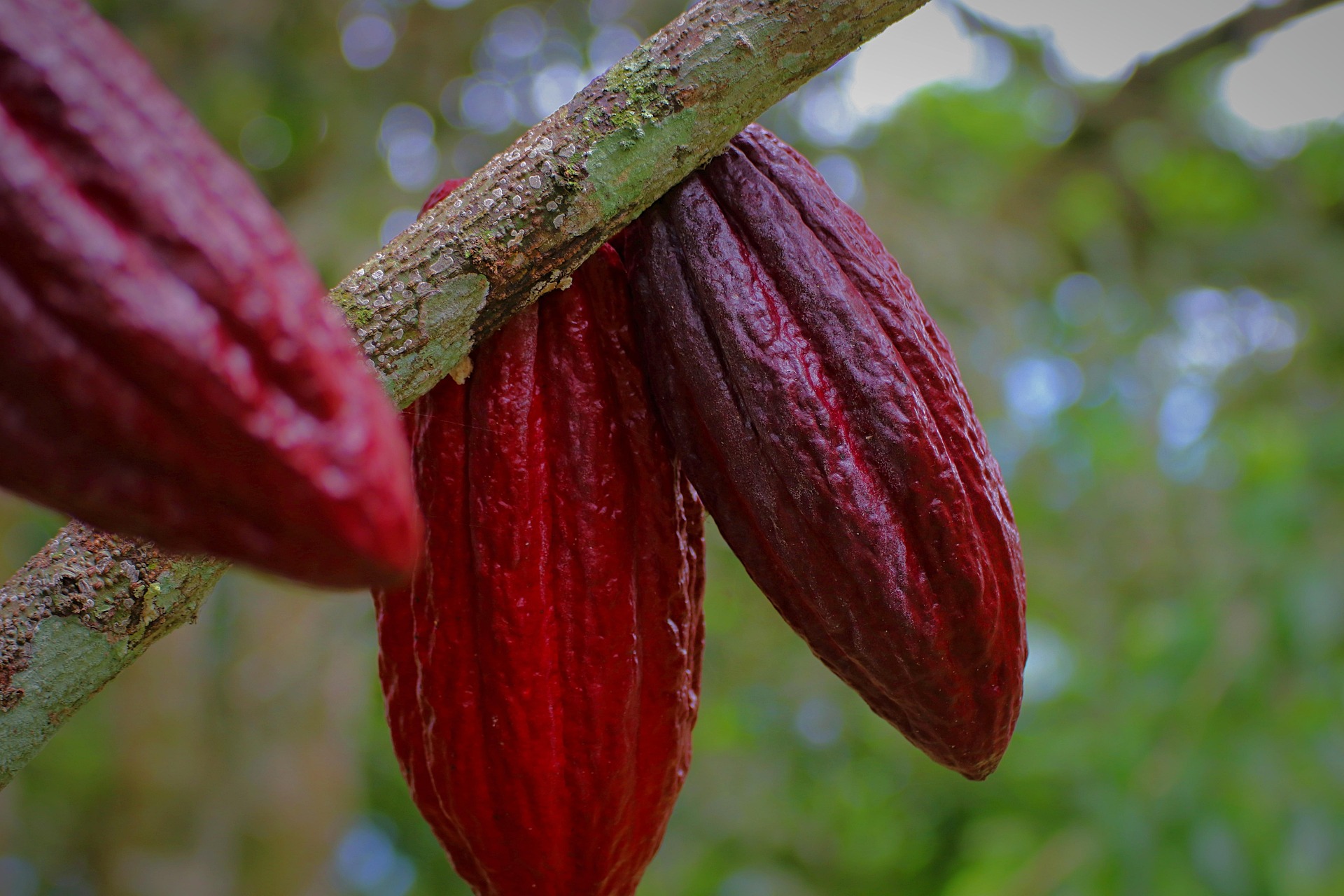The Surprising Health Benefits of Cacao
Chocolate might be a guilty pleasure for many, but it's its less processed cousin, cacao, that brings more than just good taste. Historically revered as 'the food of the gods,' cacao is a nutritional powerhouse with scientific evidence backing its health benefits. In this article, we will delve into the historical origins of cacao, its scientific background, the current health trends surrounding its therapeutic potential, and its potential drawbacks.
The History and Science of Cacao
The history of cacao traces back to ancient cultures in South and Central America. Here, cacao beans served as a form of currency and were frequently used in ceremonial practices. Scientifically known as ‘Theobroma cacao,’ which translates to the ‘food of the gods,’ the use of cacao evolved with human civilization.
Modern science has dissected the wonders of cacao, revealing it to be a significant source of antioxidants (like polyphenols, flavonoids) that combat oxidative stress, a key player in aging and disease. It is also rich in minerals such as magnesium and iron, and contains small quantities of caffeine and theobromine, which have distinct stimulating effects.
Current Cacao Trends: More than a Sweet Delight
Today, the raw cacao trend is gaining momentum in the health circuits for its multifaceted benefits. Dieticians, fitness enthusiasts, and casual health-seekers alike are turning to cacao as a part of their diet. Research indicates that cacao’s antioxidant profile supports heart health, including improving blood pressure and cholesterol levels. Moreover, it has been known to improve mood due to the release of endorphins and serotonin in the brain.
The Wonders and Challenges of Cacao
Cacao’s benefits indeed sound promising, but it’s essential to distinguish between cacao and common chocolate. Much commercial chocolate has low cacao content and is loaded with added sugars, reducing the overall health gains. It’s therefore recommendable to opt for chocolate with high cacao content or raw cacao itself.
It’s also worth noting that cacao’s effects can vary between individuals and are not a substitute for a balanced, varied diet and regular exercise.
────────────────
Quick bites:
- You can add raw cacao to smoothies, homemade granola bars, or desserts to enjoy its benefits
- Avoid processed chocolate bars that are high in sugars and other additives
- Dark chocolate with high cacao content is a good alternative if raw cacao isn’t to your taste
────────────────
To wrap up, cacao finds its unique spot in the intersection of historical reverence and modern science for its potential health benefits. While more research is ongoing, its rich antioxidant profile, mood-enhancing properties, and inclusion in some delicious recipes make it an exciting addition to our diets. Just always remember, moderation is key, and it’s the high-quality, less processed cacao that offers these benefits—not the average candy bar.





